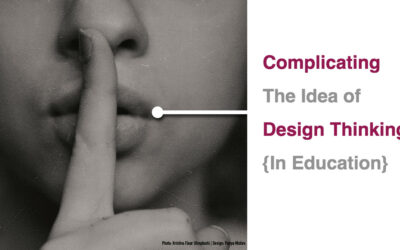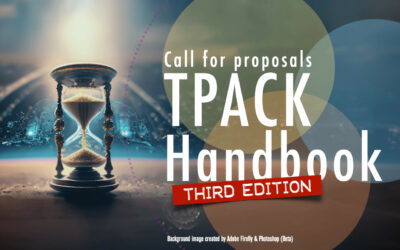TCRecord has an interesting essay on the role of games and learning, by Alexander, Eaton & Egan, titled: Cracking the code of electronic games: Some lessons for educators. As they say, “This is an analytic article that provides a description of an array of attempts to derive educational principles from the perceived success of students’ learning while they are engaged in electronic games.” They identify three key ways that games have been used in educational contexts.
First, seeing games as teaching desirable learning skills through the simple act of playing; second, a focus on the integration of curriculum content into games; and, third, an effort to abstract learning principles embedded in electronic games and applying these to educational content.
They argue that the first two approaches do not appear to have much value and that the greatest potential value comes from educators abstracting and applying learning principles that are embedded in electronic games to other educational contexts. I think this is a valuable insight. In particular I have always been skeptical of approaches that attempt to embed disciplinary content in to games. These approaches often end up distorting either game-play OR more importantly the nature of the discipline itself.
One approach that the authors seem not to have considered is that of the educational value of having students design their own games. There is a long history of this in the educational arena (and many years ago I had been involved in such a project). One paper from that work can be found here. A talk I gave as a part of the Drexel Learning Games Network seminar series, where I mentioned a range of different approaches to how games can be included in educational contexts, can be found here.




It’s an interesting idea. I thought it’d be the educators who would generally create the game as a challenge in the learning environment to the student and not the student designing the game themselves.